New inclusive horizons in the context of STEM
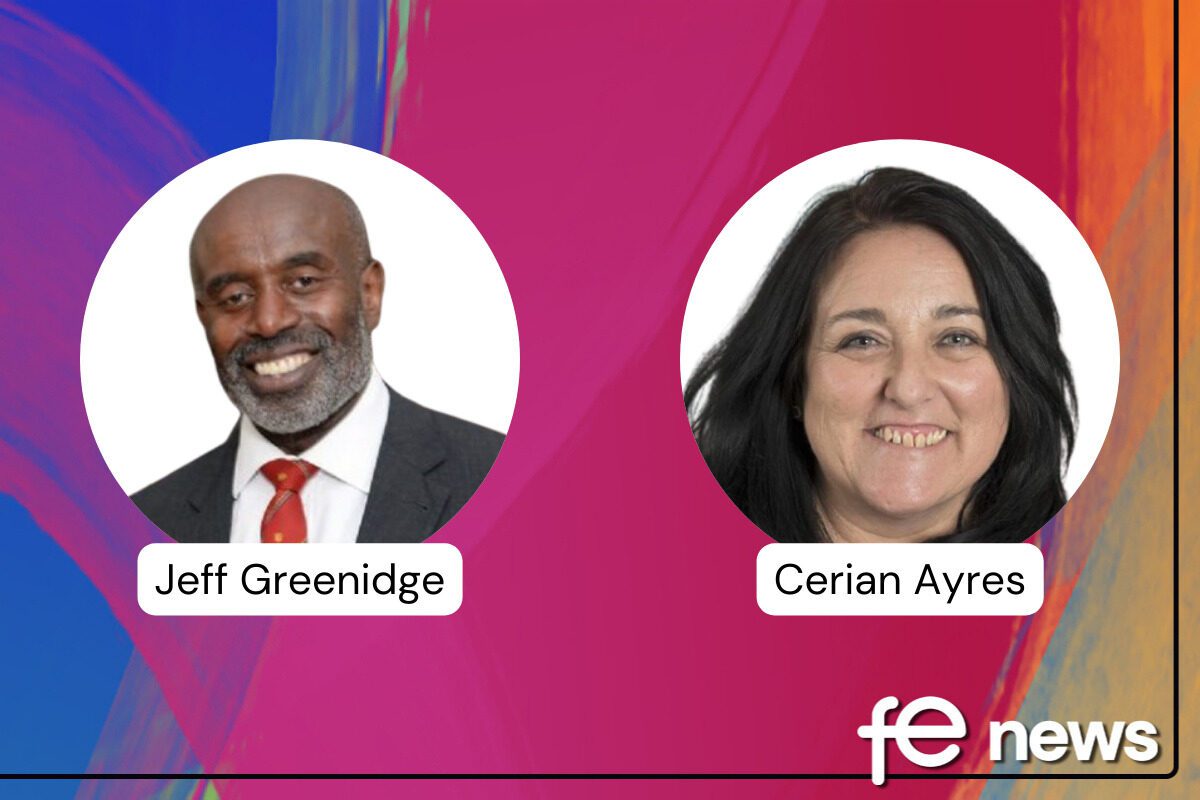
Building a platform for equity in STEM
In this, the second of three articles to celebrate British Science Week, Cerian Ayres – National Head of Technical Education at the Education and Training Foundation – and Jeff Greenidge, Director for Diversity & Governance at the Association of Colleges, consider equality, diversity and inclusion in STEM.
A year ago, we wrote ‘A shoe that fits: equity in STEM education and opportunities’ for British Science Week 2022. We explored the need for clarity of purpose in approaching EDI in STEM education and the importance of engaging today’s leaders in STEM in the benefits of inclusivity: organisations with higher levels of diversity are far more likely to demonstrate innovation.
In this article for British Science Week, we’re going to explore the conditions in which diversity and inclusion can grow, our role as educators in that, and the potential that enhancing diversity has in addressing UK’s long-term economic growth and global competitiveness.
Obstructed horizons
We talk often about ‘horizons’ in education: seeing new horizons, scoping horizons, changes that are ‘on the horizon’. But perhaps we don’t speak enough about an inherent challenge: what if you can’t see the horizon at all?
To see the horizon, you need a suitable vantage point. You need a clear line of sight and an unimpeded view. Depending on where you live you might need to climb a mountain or catch a lift to the top of a tower. Of course, if you live in a penthouse or have a sea-front cottage, the horizon is always visible: good views can either be the reward of hard work, or the unearned benefit of privilege.
And privilege is something that many of our learners lack. It’s difficult to see the horizon if:
- you live in a city centre estate and there’s a tower block in the way;
- you live in a remote rural community and there’s a mountain in the way; or
- there are barriers in the way, obstacles that you need to move or climb over to clear your view.
Or maybe, simply, no-one’s ever shown it to you! There are so many learners who will never fulfil their potential, because they’ll never identify what it is. That could be because:
- continuing education post-18 will be unfamiliar to their families;
- society focuses on their disability rather than what they can do and what they can offer; or
- they never found a role model to identify with, and to tread a path to success with.
Barriers to learning and in life can take many forms: ethnicity, dis/ability, sexuality, gender and gender identification, socioeconomic status. But, essentially, they’re all barriers to clear horizons and opportunities: you’ve got to be able to see opportunities in order to take them.
Establishing equity
Part of our role as educators is to establish a ‘platform of equity’, from which learners can see – and access – opportunity equally. Some learners just need to take a few steps up to the top of the platform. They need guidance, motivation and direction. Others start from the bottom and – in a game of snakes and ladders – make progress only to slip back down again. They need patience, support, and need to develop resilience to pick themselves up and start climbing again.
Working their way up the platform, learners are also working their way up Maslow’s Hierarchy of needs. Education can contribute at every level of the hierarchy:
- for some (sadly) educational organisations fulfil basic physiological and safety needs
- for many, ‘college, campus and community’ provide love, belonging and build esteem
- and those that have climbed the platform achieve ‘self-actualization’ – the ability to recognise and realise their ambition and potential.
For an inspirational example of how inclusive education can build ‘esteem’, provide positive role models and change lives, watch this video.
“I saw this woman who I’d been in prison with, in a room full of decision-makers. She had centre stage and it just made me believe that I could do the same, and I have.” Marie-Claire O’Brien now delivers motivational talks to prisoners nationally and is a media criminal justice commentator
Equity in technical education
So, what’s the relevance of all of this to STEM and technical education? Well, technical education – in all its breadth and diversity – has a particular role to play in equity and inclusion. It’s a space where people who excel in practice can thrive and find their passion. Technical and vocational routes through education are the right routes for many (if not most!) of us, so a strong and healthy training and skills sector – equipped with excellent staff – is exactly the platform from which new (inclusive) horizons can be seen.
For an inspirational example, watch this next video from the Education and Training Foundation which follows Nick Youde’s journey from technical apprentice to technician and trainer at Weston College. Nick is one of 16% of UK adults with autism in the UK in paid employment. Nick did not let his autism hold him back, but it did take technical education, and Weston College to recognise and help raise him to his potential.
A 2023 report from the Disabled Apprentice Network (DAN) – Speaking from Experience, Getting it Right for Disabled Apprentices – will help you to support the Nick’s of the future. There are some positive signs: learners declaring a learning difficulty and/or disability increased in 2021/22 to 14% of all apprenticeship, up from 12.2% in the previous year [Ref 1]. But there’s work to do. The report finds that:
- Apprentices highlighted problems with support for exams, off-the-job training and provision of reasonable adjustments
- Some training providers did not know how to access additional support for Disabled apprentices
- Some online platforms and software programmes are not easy for Disabled apprentices to use [Ref].
The DAN report provides some quick wins – and some longer-term investment requirements – that will help you raise the equity platform for your dis/abled apprentices and help them see new horizons, and new career destinations for their skills and interests.
Skills competitions can help, too. Taking part in the WorldSkills UK competition could help to enthuse your learners to take those last few steps up the ladder, boosting esteem and exposing them to new networks of role models. WorldSkills is currently open for applications here.
It could provide a boost for your organisation and staff too: In February we presented two FE colleagues – Joanne Manship of Oldham College, and David McCay of North West Regional College – with WorldSkills UK ‘EDI Heroes Awards’ in recognition of the work they’ve done to encourage an inclusive approach to the competition within their organisations.
STEM skills for sustainability and society
“Diversity is a given. Inclusion is a choice. In the current climate of uncertainty, brought about by Covid-19, and the looming global recession, diversity and inclusion could prove to be the elixir to stability and growth in the difficult times ahead. Diverse perspectives help leaders to solve problems…” [Ref]
In our New (green) horizons article earlier this week we considered Brookings Institution research into ‘skills for a green transformation’. The ‘transformative capacities’ that Brookings identified include:
- Disruptive thinking
- Integrative thinking
- Systems thinking.
They’re all skills we associate with STEM subjects, and we know that some of society’s biggest challenges – climate change, food security and sustainable energy – require STEM solutions. We need diverse views to provide that disruption, and we need to consider solutions in terms of systems to achieve them:
“A post-COVID-19 vision must aim to radically transform the underlying economic systems of inequity and social structures of inequality that are at the root of our present suite of socioecological crises.” [Ref]
We won’t achieve the STEM-driven solutions we need, without disrupting the systems of inequity that prevent individuals – and society collectively – from achieving vantage points from which those solutions are visible.
As educators, we must aspire to achieve new, inclusive, horizons.


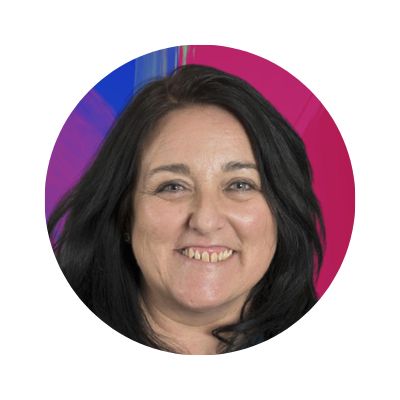
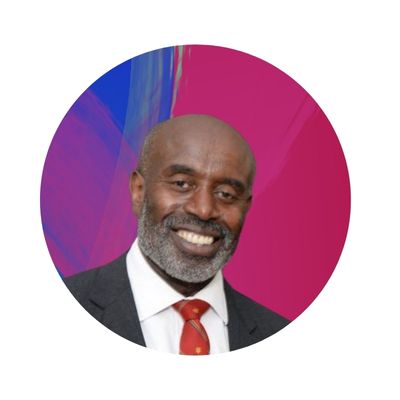
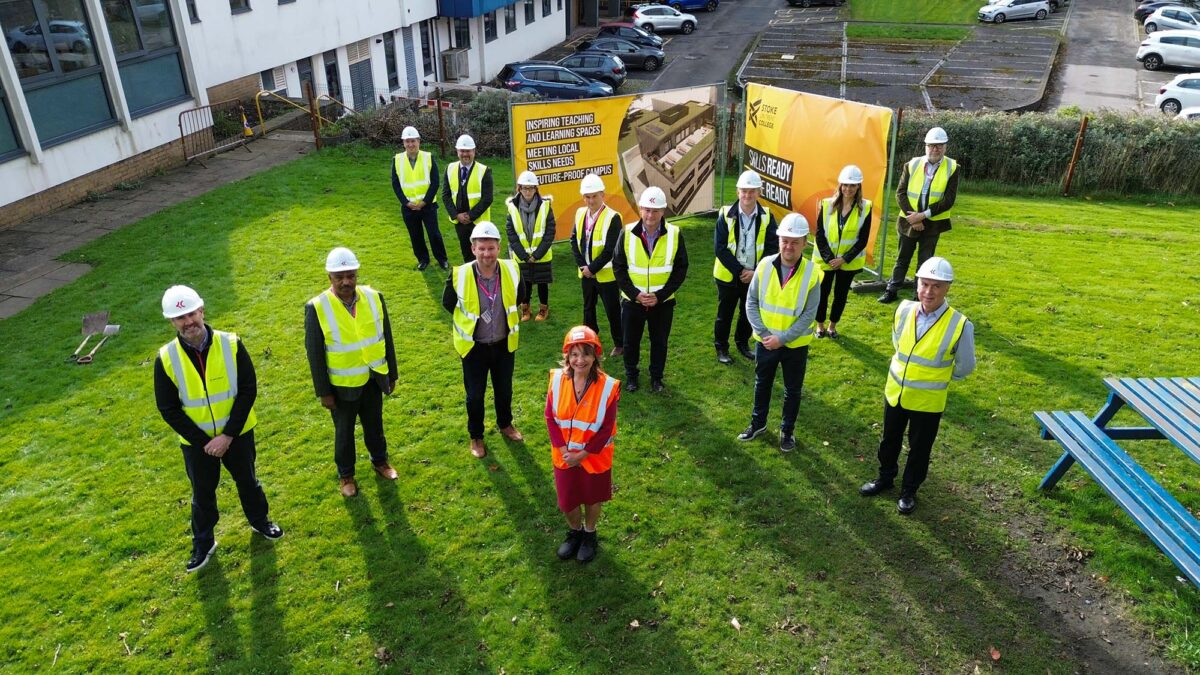
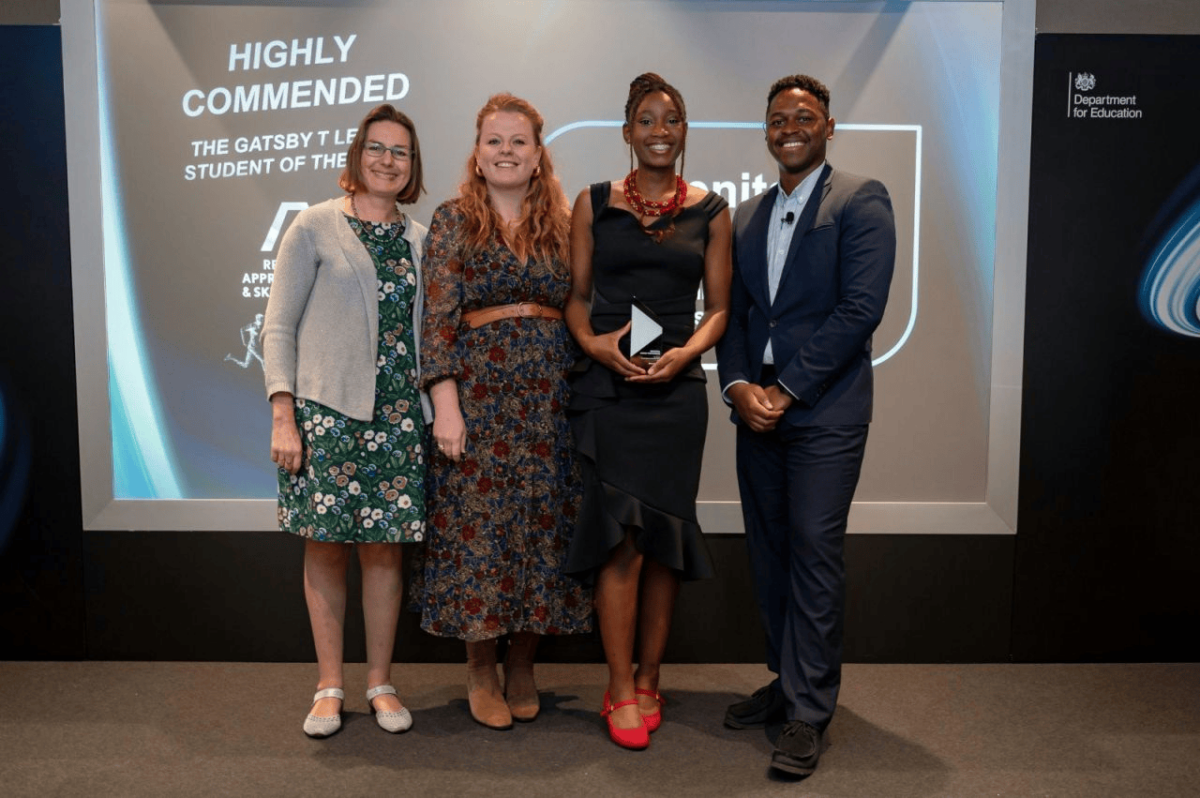

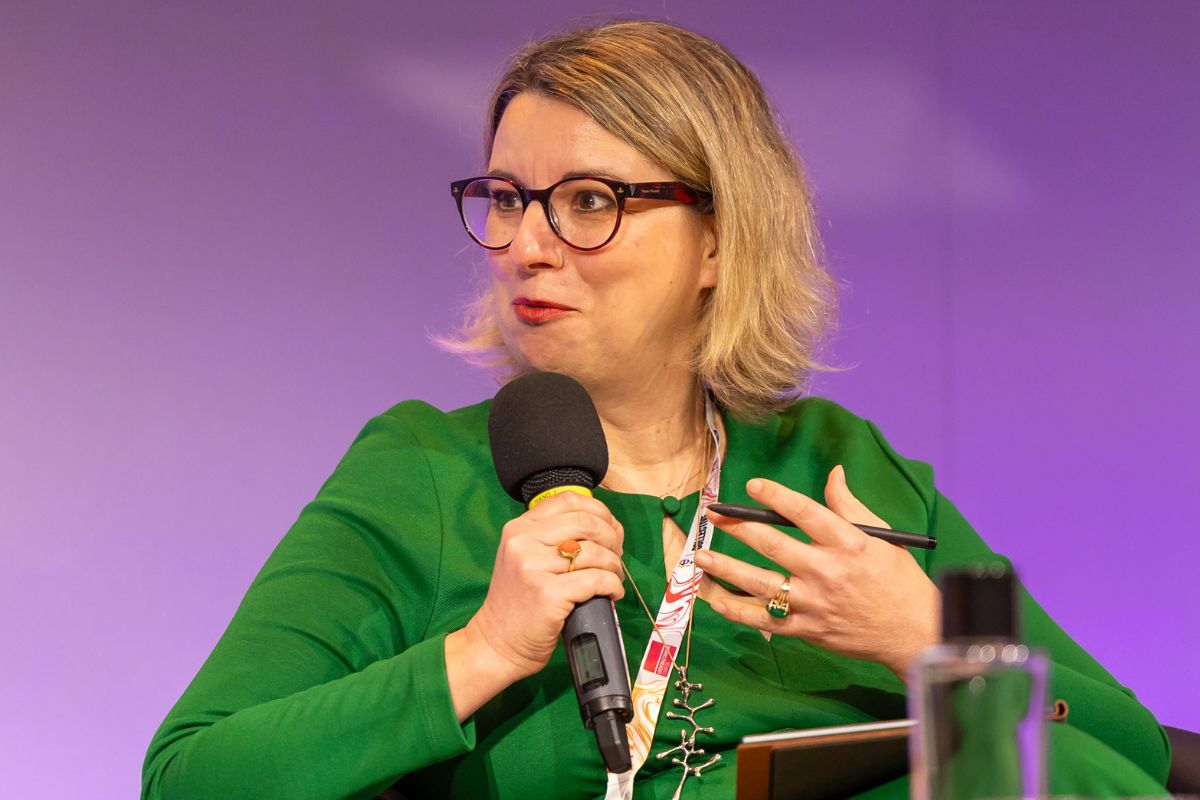




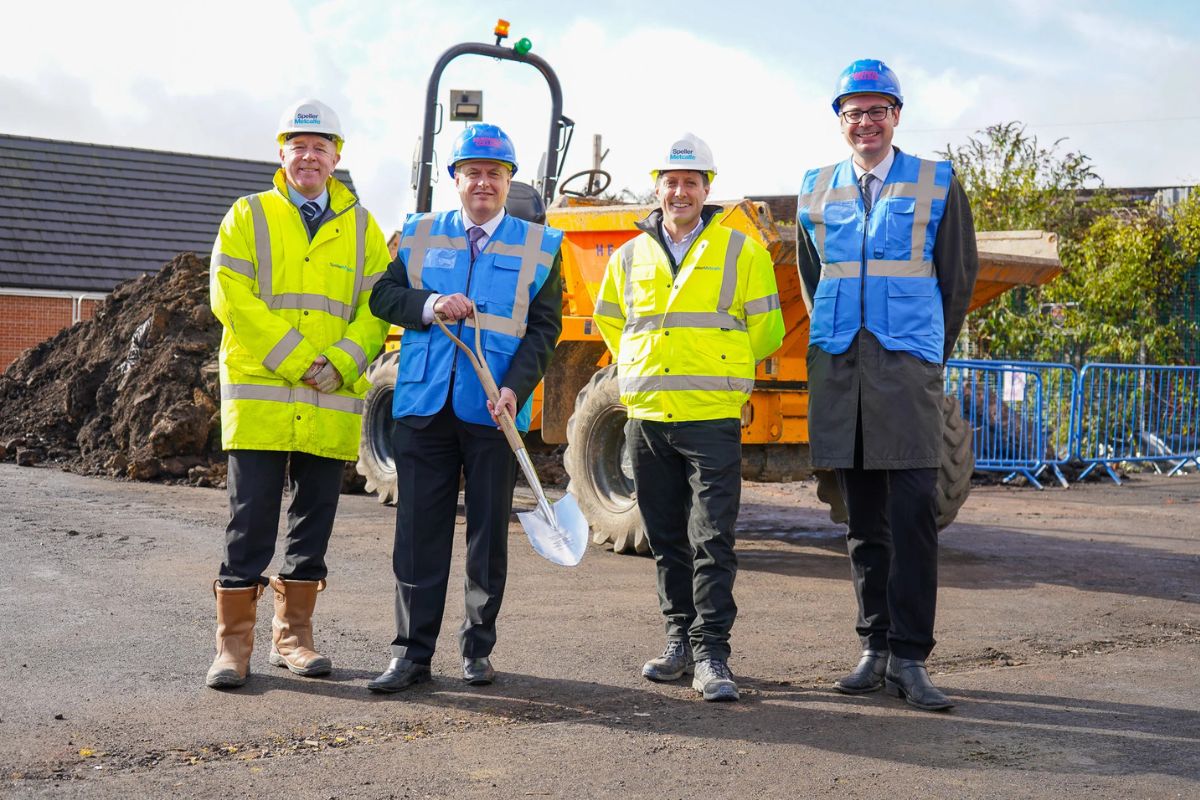
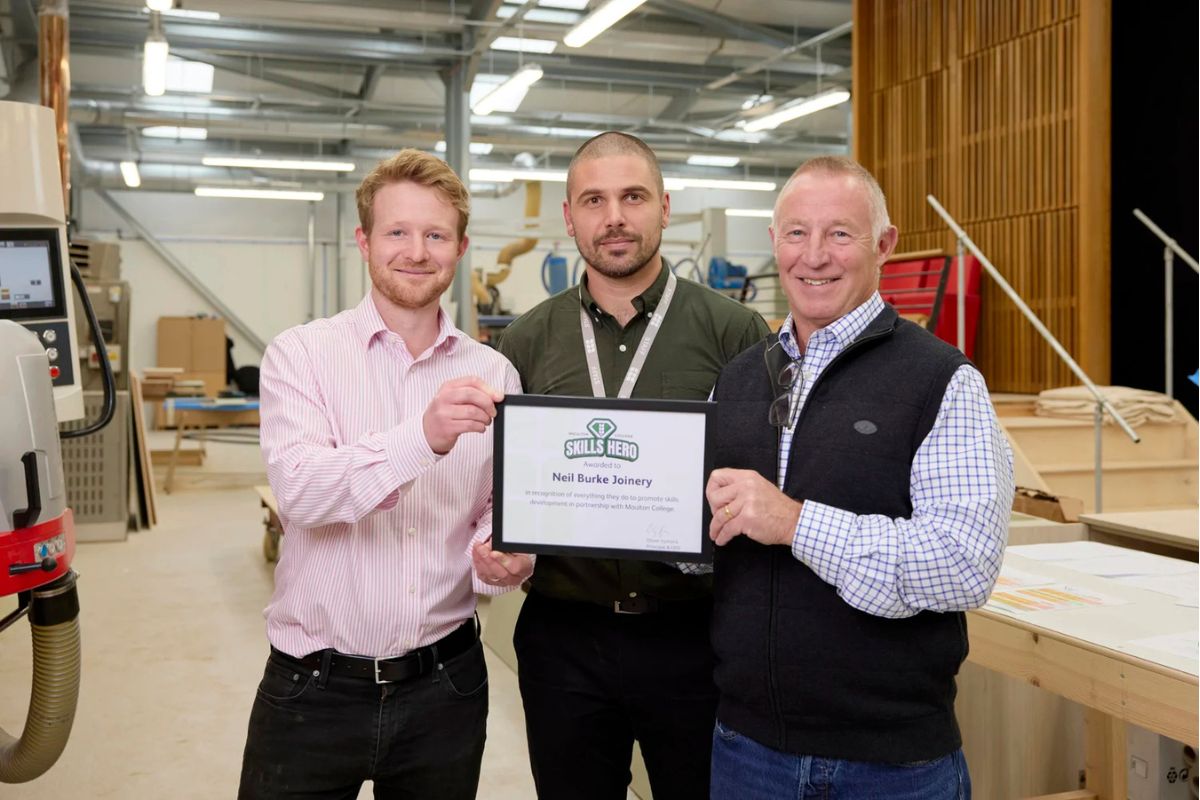
Responses